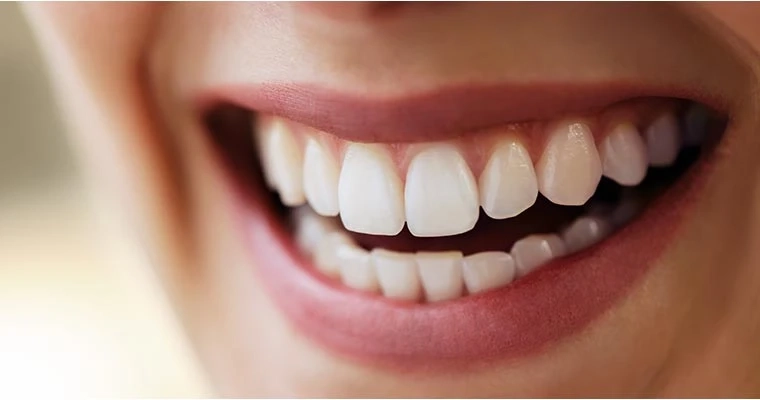The full mouth restoration is a process that is done to improve your oral health. During the procedure, dental pathologies are treated and then restored so that you can maintain your beautiful smile. It is recommended that you go to a dentist for this procedure. This will ensure that you will receive the best results possible.
Dental pathologies treated during the procedure
Full mouth restoration is a procedure that aims to repair and restore damaged teeth and gums. This process can also help to repair and correct jaw issues, as well as addressing cosmetic concerns.
Dental pathologies treated during full mouth restoration st. matthews ky include missing teeth, tooth decay, cracked or chipped teeth, and TMJ disorders. These problems can affect oral health, appearance, and self-confidence.
Missing teeth can cause a person to not chew properly, which may lead to further problems. In addition, misaligned teeth can result in jaw pain and tension headaches.
Damaged teeth can result from accidents, injuries, or dental trauma. It is also possible for infections to cause tooth decay. Depending on the extent of the damage, dentists may extract or replace the affected tooth.
If a patient has a history of trauma or dental disease, full mouth reconstruction may be necessary. The treatment can help patients gain back confidence and improve their smile.
During a full mouth restoration, a team of dental professionals will work together to create a customized plan. Treatments such as tooth whitening, veneers, and crowns may be used to restore the appearance and function of a patient's mouth.
Patients can take advantage of flexible financing options. This option allows them to spread their costs over a number of months.
Cost of the procedure
Full mouth restoration is an excellent way to improve your teeth and oral health. It will also give you a healthier smile. This procedure is especially helpful for people who are missing several teeth.
The cost of full mouth restoration is based on several factors. The condition of your oral health, the intensity of your jim howell oral surgeon problems, and the scope of the treatment will all play a part in the final price.
In general, the best way to figure out the cost of full mouth restoration is to ask your dentist. He or she will give you an estimate based on your condition. You will also be able to create a personal treatment plan that suits your needs.
Before your dentist starts the work, you may be asked to perform a series of tests to ensure that the procedure is worthwhile. For example, a panoramic x-ray may reveal signs of bone loss.
If your teeth are severely damaged, your dentist will recommend additional procedures. These may include inlays and onlays, which are used to strengthen your teeth.
Your dentist will need to examine your jawbone, teeth, bite, and gums. He or she will also ask you about your diet and lifestyle.
Finally, you will need to assess your budget. If you have a limited budget, you might want to spread the cost over a number of months.
Restoring your smile after the procedure
Whether you're suffering from advanced decay, missing teeth, crooked teeth or misalignment, restorative treatment can get your smile back to its former glory. Using modern dentistry, your dentist will create a custom plan to suit your specific needs.
In addition to repairing your dental health, restoring your smile may help improve your overall confidence. Having a great smile is one of the most important ways to be accepted in your community. By taking steps to address the problem, you can avoid more serious issues down the road.
Before you start your full mouth makeover, it is important to treat any gum or tooth root infection. This will prevent further damage and allow your gums to heal.
Your dentist will also look at your teeth and gums to determine whether you are a candidate for full mouth reconstruction. A full mouth makeover consists of several treatments that can be done in separate appointments over a few weeks.
Dental implants are a popular choice for full mouth reconstruction. They can be used to replace missing teeth or to support a bridge. During the process, a series of caps are placed on a metal post, which is implanted in your jaw. After three to six months of healing, you'll receive the final restorations you need.
0


